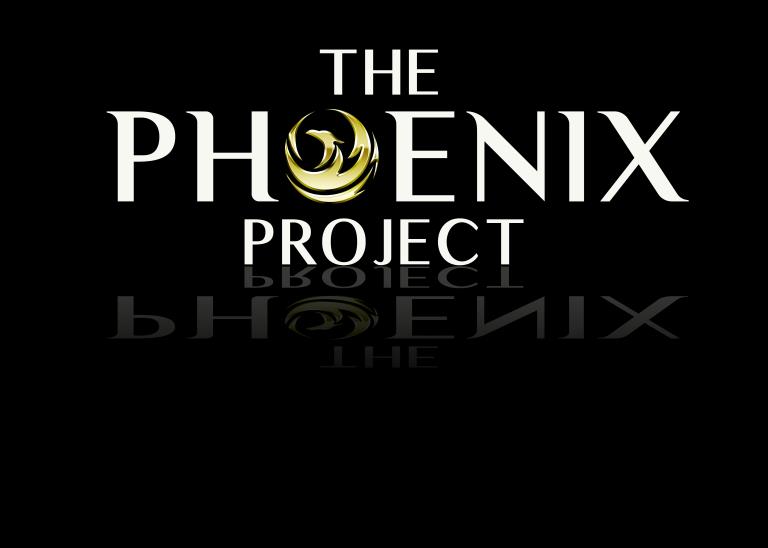
On the morning of December 14, 2012, in Newtown, Connecticut, United States, a deeply troubled 20-year-old individual murdered his mother before traveling to Sandy Hook Elementary School where he fatally shot 20 children between six and seven years old, six adult staff members as well as himself. This event became the fourth deadliest mass shooting in US history.
In the months after the event New York City playwright Eric Ulloa felt compelled to visit the town on numerous occasions and interview members of the community with a view to creating a dramatic work using the methods of Verbatim theatre. Verbatim theatre is created by collecting the memories of individuals in communities that were impacted by mass trauma. These memories are collected through recording and transcribing interviews with multiple individuals. The ‘author’ of the play then interweaves these memory threads and competing narratives into a unified tapestry that dramatises the effects of mass trauma through performance. Eric Ulloa’s completed play is named 26 Pebbles and I happen to be one of its “characters”.
Psychological research reveals the profound way in which memory can be impacted by trauma. Individuals impacted by trauma may feel compelled to ‘speak the unspeakable’ as a way to process the event while others may take extreme measures to avoid recalling the tragedy out of fear of revisiting the time and place of the trauma.
Public theatre has been used to process personal, familial and communal trauma since Ancient Greek tragedy with its notion of catharsis. This project examines the effectiveness and limitations of the use of Verbatim theatre as a dramatic method for documenting and processing mass trauma for individual community members and the community as a whole.
This project will also consider the effect of vicarious trauma on actors, directors and audience members participating in or exposed to Verbatim theatre.



